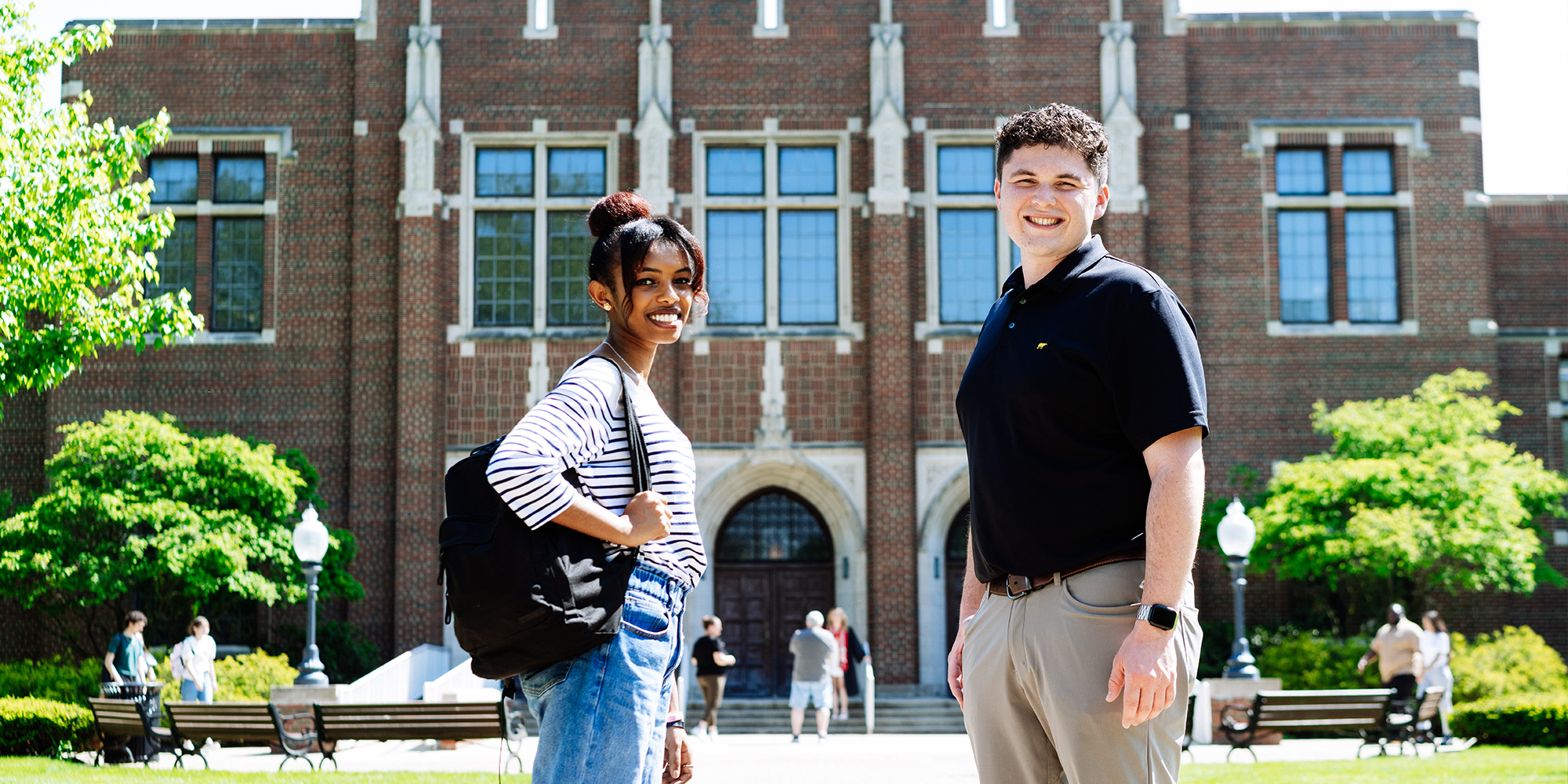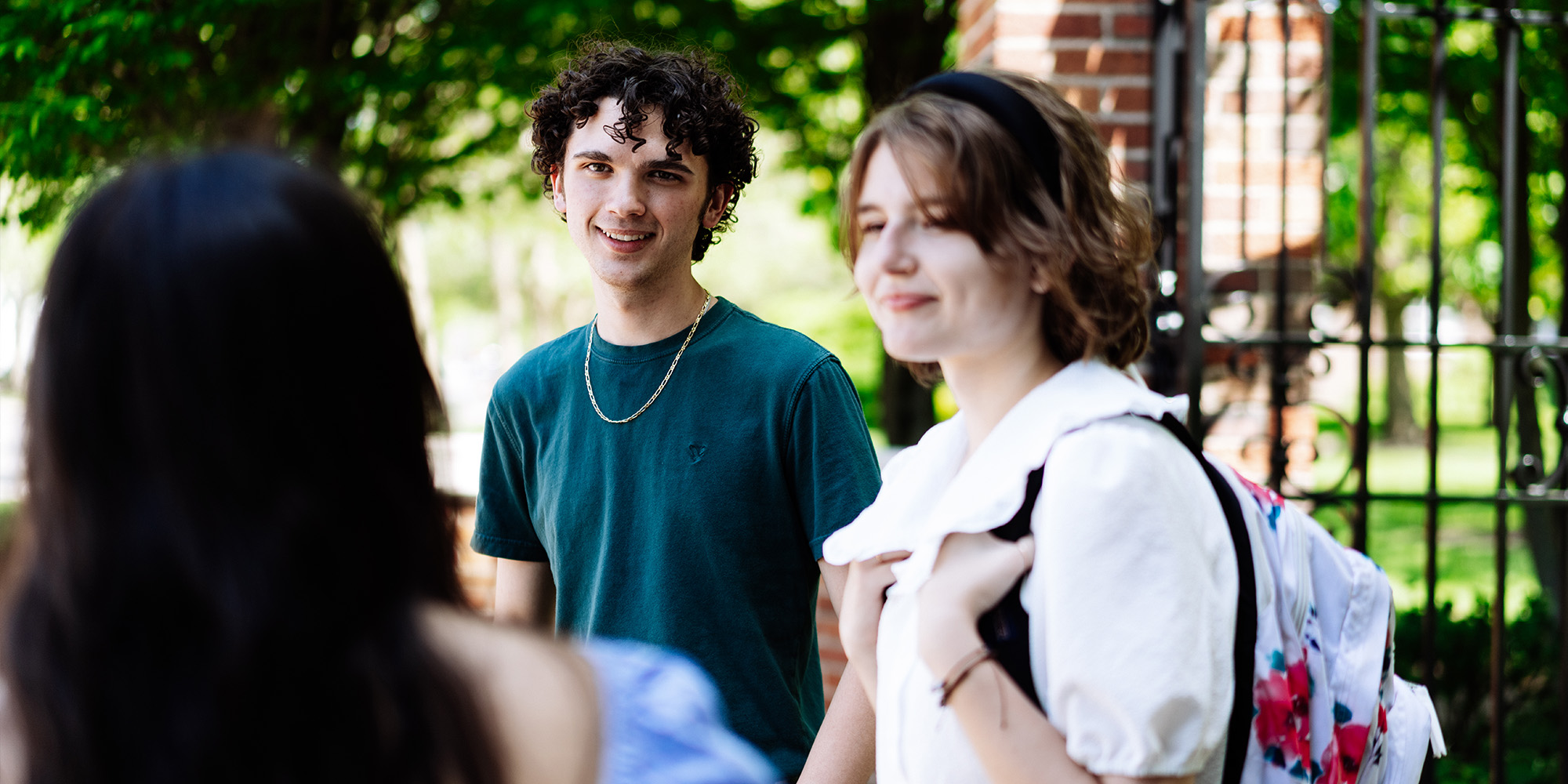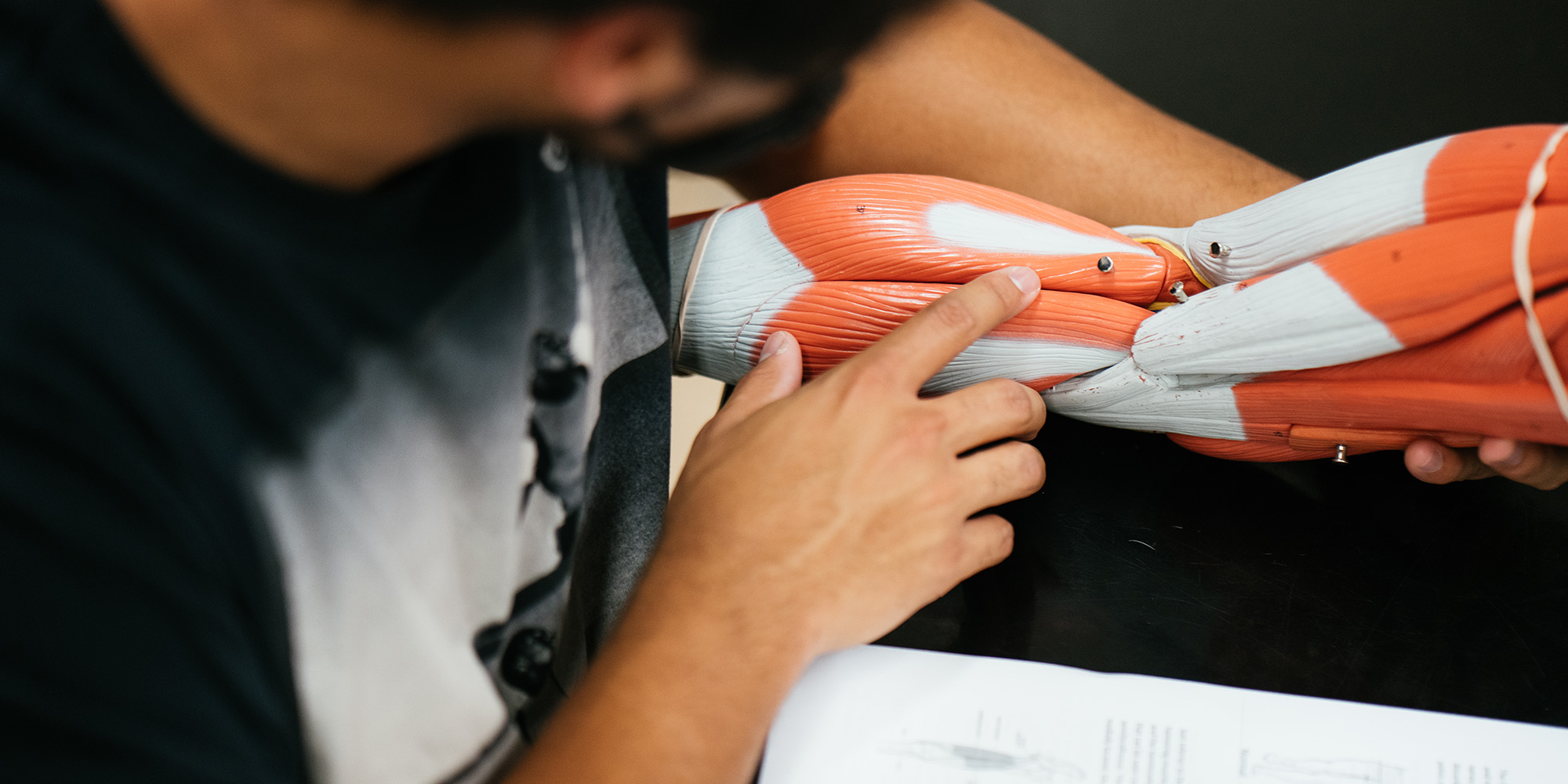Student to Faculty Ratio
Acre Primmer Outdoor Learning Center with 7 Ecosystems
Laboratories on Campus
Explore this Program
Both laboratory and field-based research opportunities exist for biology majors, ranging from animal reproduction to wildflower populations to synthesis of new drugs for human disease. Capital’s partnerships with The Metro Parks, Center of Science and Industry (COSI), The Columbus Zoo and Aquarium, and the Primmer Outdoor Learning Center takes students from textbook to field experience. Short-term field courses outside of the U.S. also give students opportunities to experience new cultures and give valuable service. Capital has sponsored study experiences in:
- Mexico (Reef Biology)
- Costa Rica (Tropical Ecology)
- Cuba (Environmental Issues)
Eight laboratories in the Battelle Hall of Science are used for Biology teaching and research. In addition, several small lab facilities, an animal care facility and a two-story greenhouse are available to be used for faculty and student research. All labs are equipped with computers as well as equipment and models specific to the courses and projects that take place in that room. A state-of-the-art Molecular Biology laboratory allows students to grow living cells under controlled conditions, while the Molecular Biology lab has equipment to perform DNA fingerprint analysis. Two cadavers are used in the anatomy lab, and the botany lab opens directly into the second story of the greenhouse.
Capital University’s Primmer Outdoor Learning Center in the Hocking Hills region is a 74-acre property with seven ecosystems, including a 15-acre wetland, a secondary growth deciduous woodlot with groundwater seeps which feed into small streams, and restored prairie habitats. This center is used by students and faculty for research and service projects focused on ecological restoration, biological conservation, and environmental sustainability.
Sample Classes
- Foundations of Biology
- Principles of Chemistry
- Genetics
- Ecology
- Calculus and Modeling for Biological Sciences
- Immunology, Endocrinology, Embryology and Developmental Biology, Oceanography, Hydrogeology (elective courses)

Request Information
Request Information
Schedule a Visit
Schedule a Visit
Apply to Capital
Apply Now